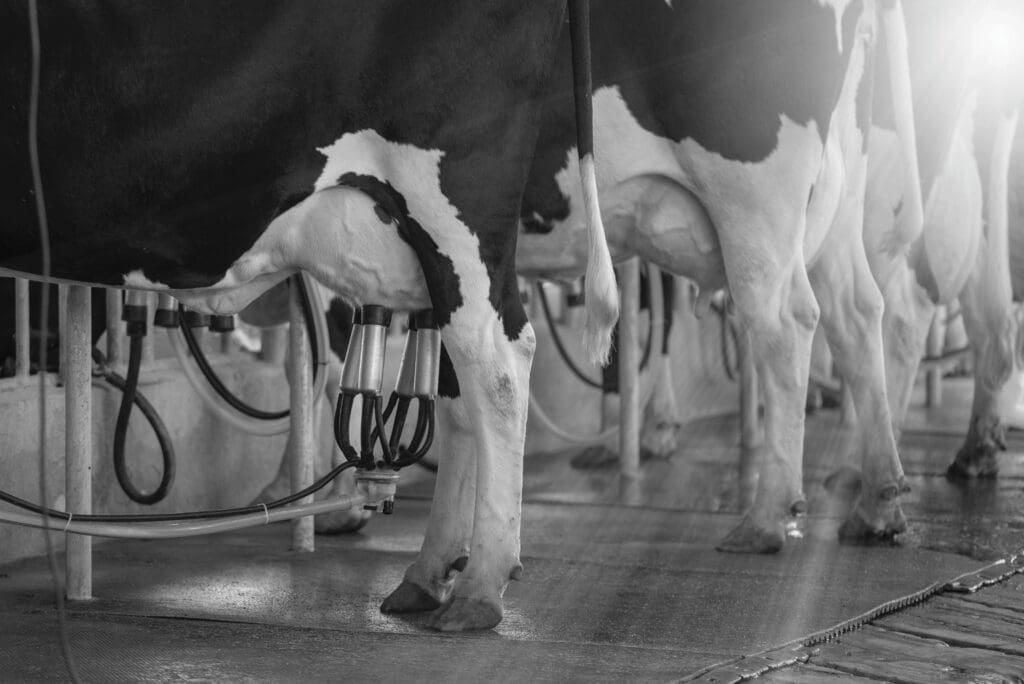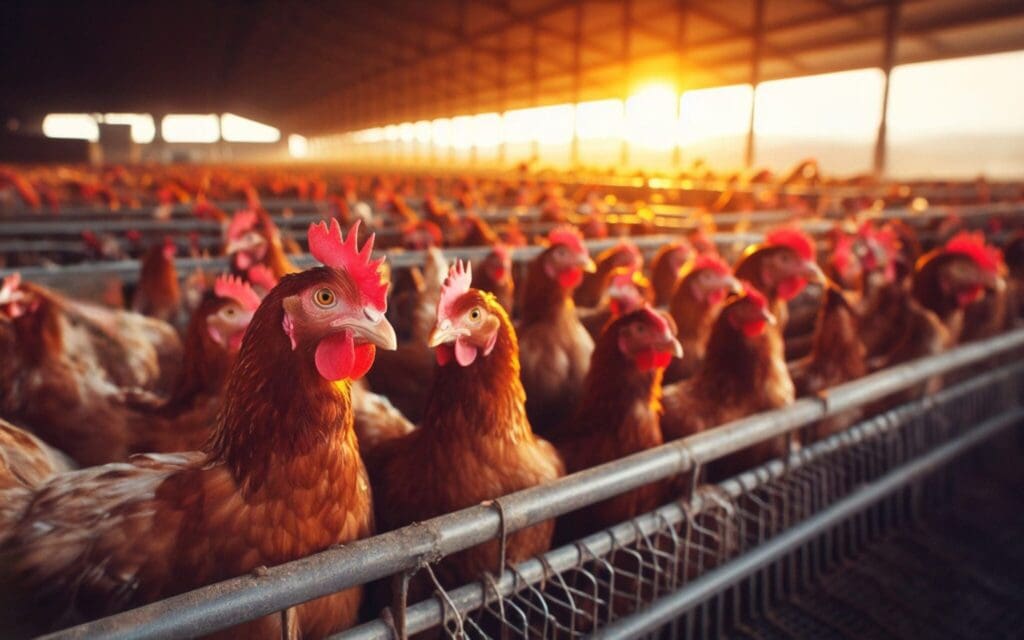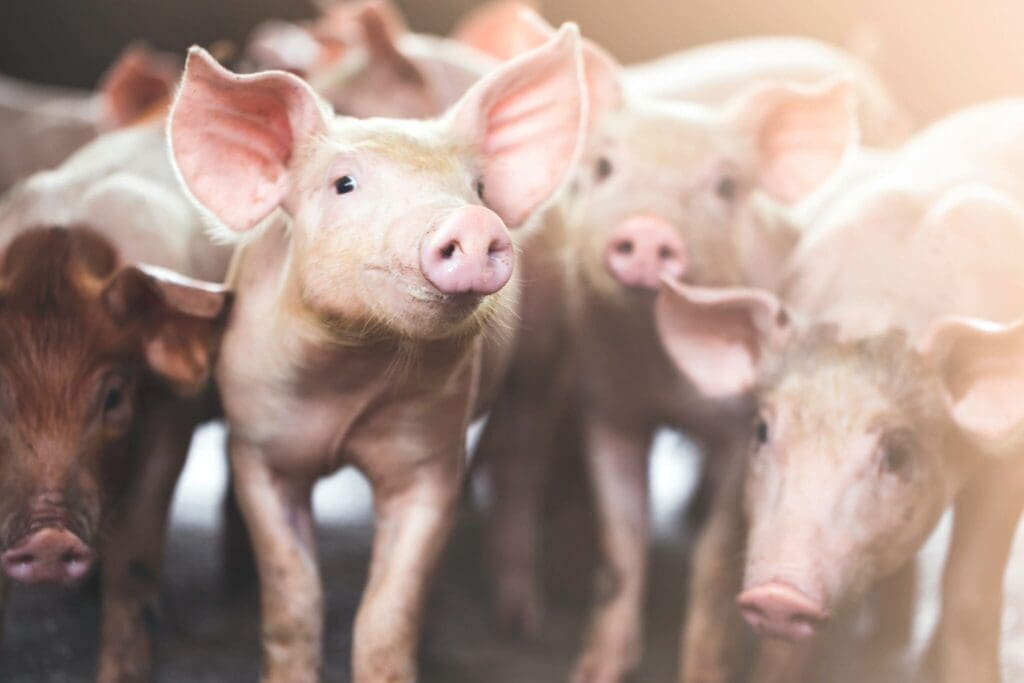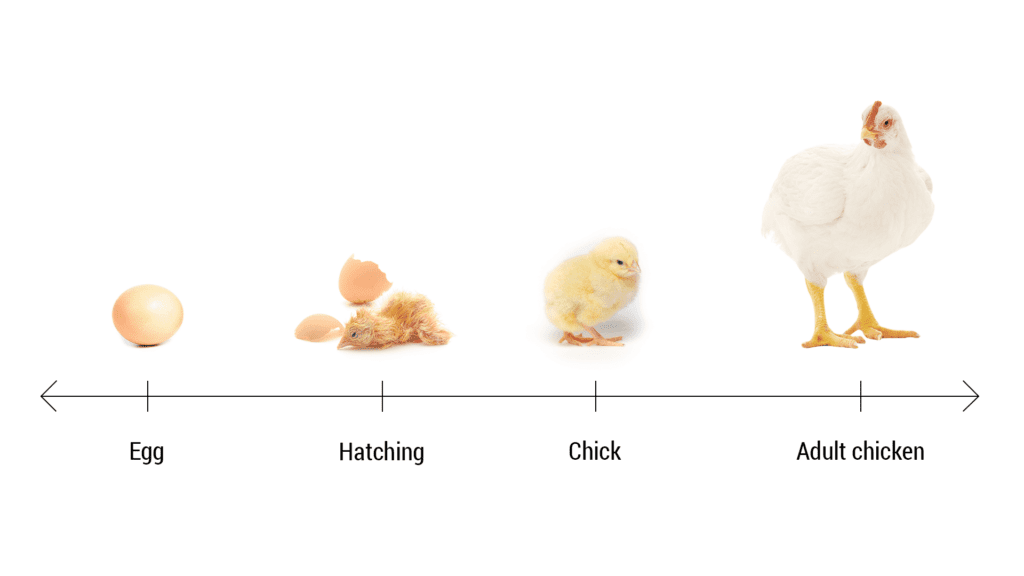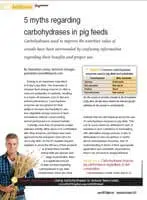Carbohydrases used to improve the nutritive value of cereals have been surrounded by confusing information regarding their benefits and proper use.
Energy is an expensive ingredient in today’s pig diets. The downside of cheaper feed energy sources is often a reduced availability of nutrients, resulting in a trade-off between cost of diet and animal performance. Carbohydrase enzymes are recognized for their ability to increase the flexibility to use less digestible energy sources in feed formulations without compromising animal performance in several markets.
Currently, more than 20 products contain xylanase activity, either alone or in combination with other enzymes, and these have been approved by the European Union (EU) for use in pig diets. As the EU requires enzyme suppliers to prove the efficacy of their products in at least three scientific animal trials per species and stage of production, there is a signifi cant amount of data out there regarding carbohydrases in pig diets.
Nevertheless, there are other markets that are still skeptical about the use of carbohydrase enzymes in pig diets. This can to some extent be attributed to lack of experience and confi dence in formulating with alternative energy sources. It also is attributable to misconceptions or myths about carbohydrase enzymes, lack of understanding in terms of their appropriate application and unrealistic expectations, which can all result in disappointment.
Chemuniqué empowers feed and food producers with the most innovative animal performance solutions, enabling our clients to consistently advance the efficiency of production.
